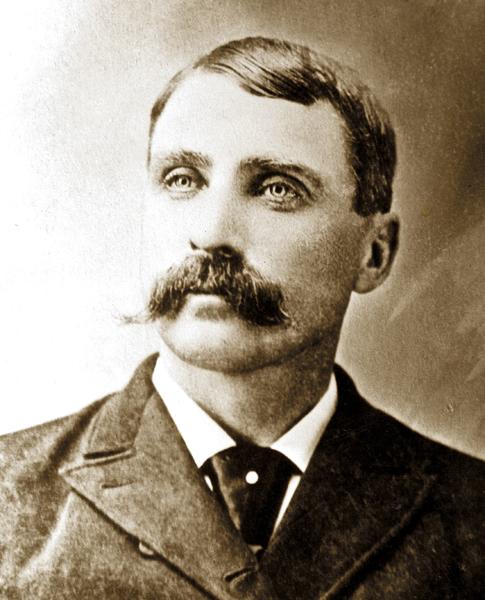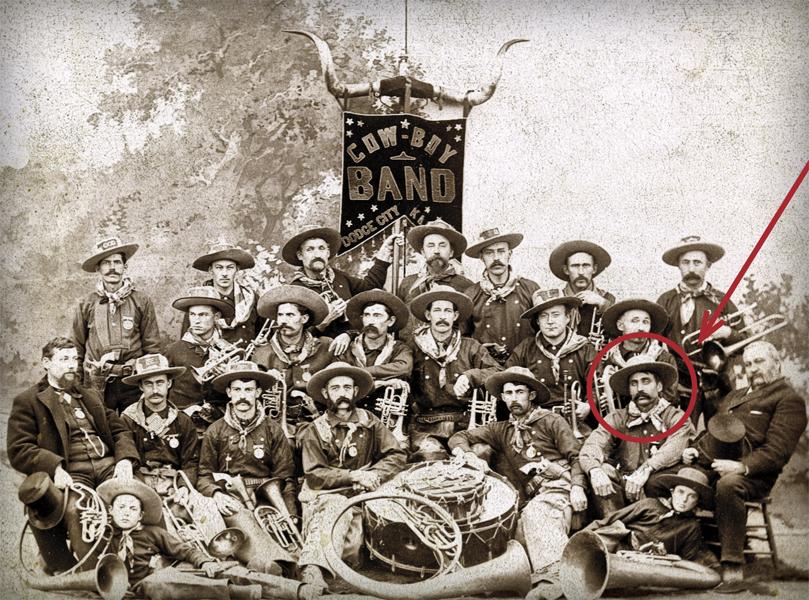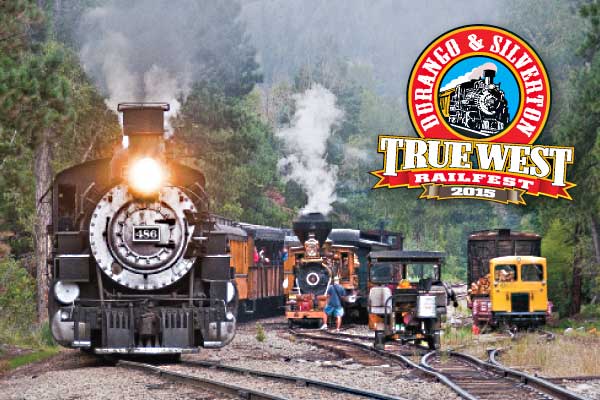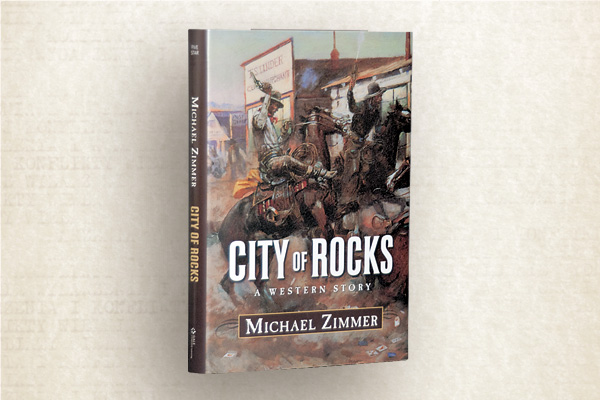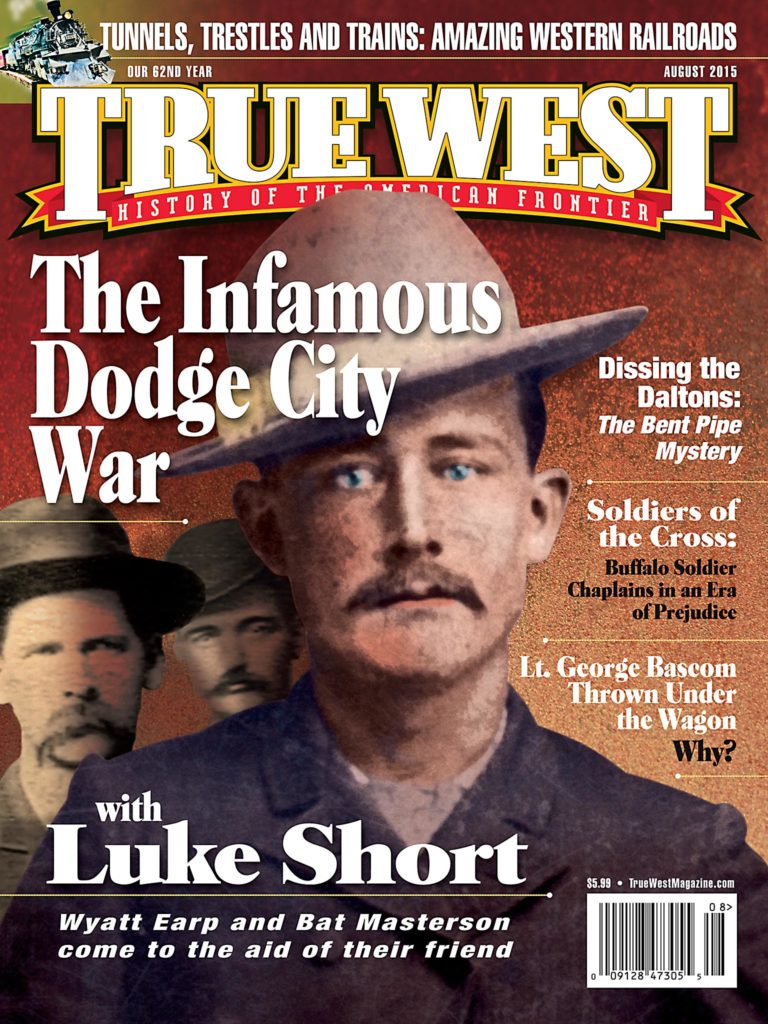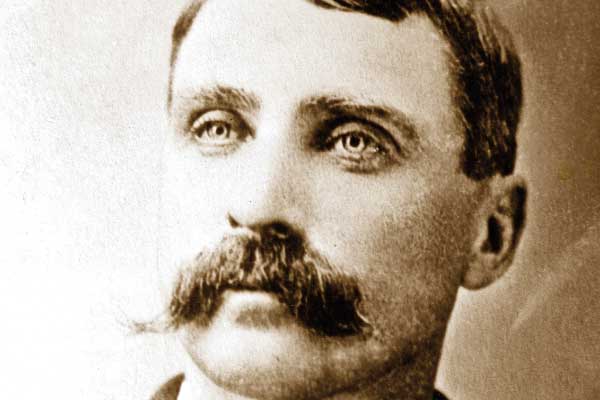 Chalkley McArtor “Chalk” Beeson, the last of seven kids from Quaker parents Samuel and Martha, was born in Salem, Ohio, on April 24, 1848. The family later settled near Albion, Iowa, in 1855. In 1867, 19-year-old Chalk left home, arriving in booming Denver, Colorado, a year later.
Chalkley McArtor “Chalk” Beeson, the last of seven kids from Quaker parents Samuel and Martha, was born in Salem, Ohio, on April 24, 1848. The family later settled near Albion, Iowa, in 1855. In 1867, 19-year-old Chalk left home, arriving in booming Denver, Colorado, a year later.
Settling in Denver, he spent time driving a stagecoach before starting a ranch near Kit Carson, Colorado. On January 18, 1872, Beeson played violin in a band, performing at a grand ball for the Grand Duke Alexis A. Romanov, who was in Denver with his entourage after his famous buffalo hunt with Bill Cody and Gens. Phil Sheridan and George Custer in North Platte, Nebraska. Custer heard Beeson boasting about a buffalo herd near his ranch, and with Sheridan’s approval, a second hunt was arranged for January 20-21 with Beeson as a guide. Papers reported that the up to 40 bison killed were wilder than the bunch in Nebraska.
Beeson left Colorado for Kansas, purchased a cattle ranch near Dodge City, and after financial success, married Ida M. Gause and had three sons. Beeson found a partner and bought an existing saloon, creating the Long Branch, named for an Eastern sporting resort. The tavern was a distinctive destination in Dodge for selective customers: no dancing, no fraternizing with women in private rooms, no shoot-em-ups and only the best liquors offered. Bartenders wore silk vests; the bar was carved wood under a large mirror and steer horns; and the walls were covered with paintings depicting female nudes and horses.
If liquor alone could not adequately seduce, patrons quickly fell under the spell of its five-piece orchestra. In 1878, Beeson put together his first brass band. Three years and three bands later, with sponsorship from local cattlemen, he had a 25-member group known as the Dodge City Cowboy Band.
The musicians expertly played brass instruments, but it was their clothing that attracted fans—flannel shirts, gray cowboy hats, leather chaps, neck bandannas, ivory-handled revolvers and spurs. Their bandleader conducted with a six-shot revolver. When asked if it was loaded, he’d wryly explain that his “baton” was loaded to “kill the first man who strikes a false note.” The band performed nightly, attracting large crowds.
The band qleader was once asked if his band members were “real cowboys.” Although none were from Dodge City, Beeson touted that all were old cowboys who had spent years on Western ranches: “I have boys in my band who can throw a steer over a horse.”
Beeson became one of the most respected men in Dodge City. He was Ford County sheriff from 1892-’96, and a member of the Kansas Legislature from 1903-’08.
Chalk Beeson died August 8, 1912, at age 64, after his spooked horse threw him forward onto his saddle horn causing internal hemorrhaging. He is buried in Maple Grove Cemetery in Dodge City.
Tom Augherton, an Arizona-based freelance writer, suggests that visitors to Dodge City, Kansas, tour the Boot Hill Museum, BootHill.org, to learn more about Chalkley Beeson, and go to VisitDodgeCity.org for the The Dodge City Cowboy Band’s summer schedule.
Photo Gallery
– Courtesy of Boot Hill Museum, Inc.; Dodge City, Kansas –
– Courtesy of Boot Hill Museum, Inc.; Dodge City, Kansas –


